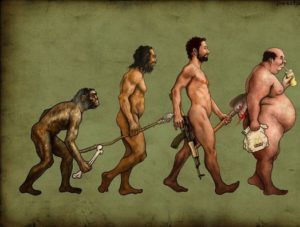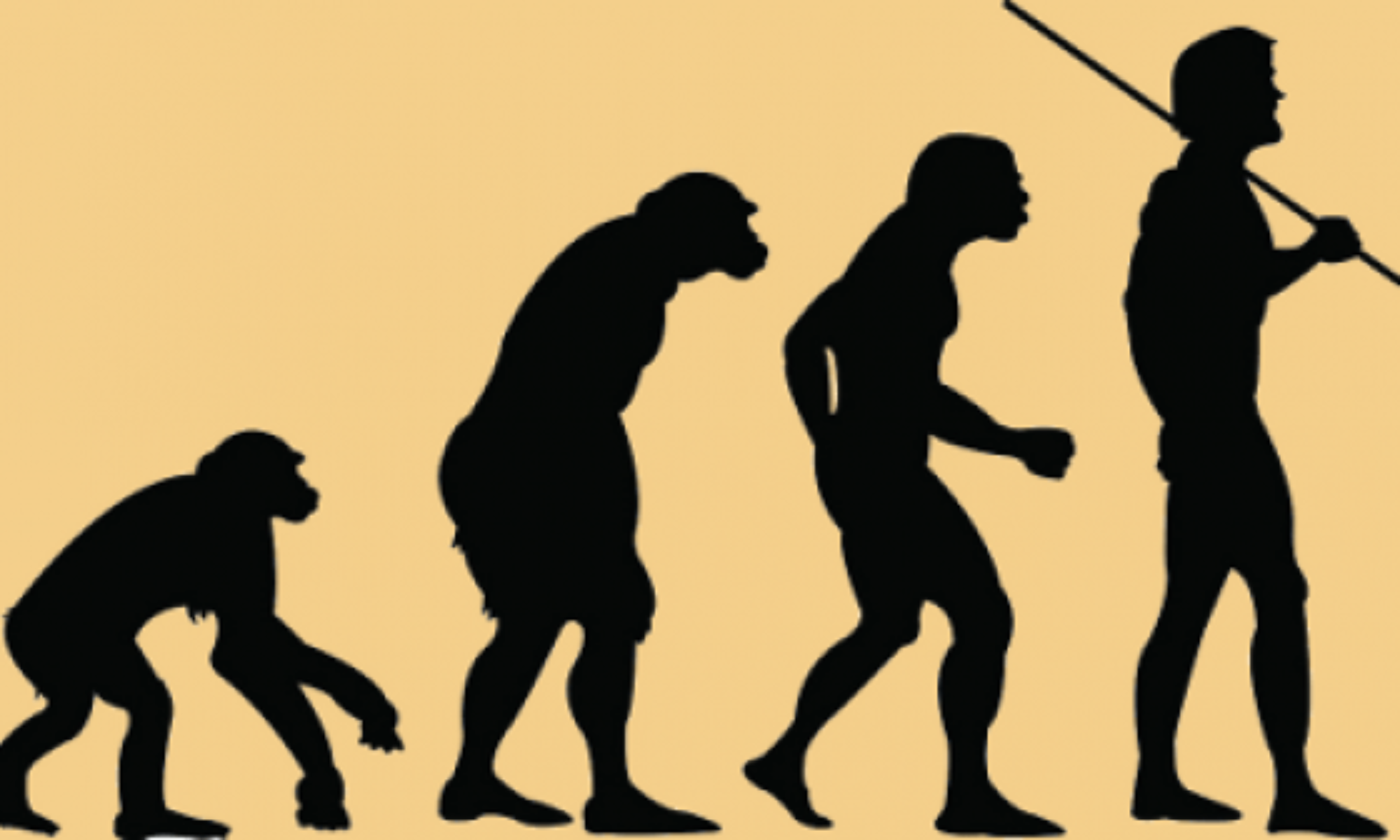Chapter 2: Are We Stuck?
In this chapter, Zuk tackles the question of agriculture and the pros and cons to whether it was an overall good or bad to humanity. She acknowledges the claims made by paleo-enthusiasts as well as prominent historians/anthropologists as to agriculture being cause of many of the illnesses that plague our society. She describes the argument that humans have been around for tens of thousands of years, but farming has only been around for a mere fraction of the time. She then transitions to the overall argument that human farming then led to technology, which led to an incredible change of lifestyle that happened at an astounding rate to which our bodies were unable to evolutionarily keep up. Hence, the name of the chapter, she is addressing the notion that the human body is evolutionarily stuck in an ancient mode.
She first brings up Jared Diamond’s famous argument of agriculture being, “The Worst Mistake in the History of the Human Race.” He argues that agriculture is the reason for many of our chronic and infectious diseases, social and sexual inequality, and overall climate change. She also quotes Spencer Wells (National Geographic Society) who states that agriculture is what created civilization, and that agriculture is unsustainable on the planet. To push back on these arguments she distinguishes 3 different types of agriculture: horticulture, pastoralism, and intensive agriculture. Horticulture is simple and includes using primitive tools to dig holes to plant very small-scale wild plants. Pastoralism is keeping herds of partially domesticated animals and letting them graze on wild patches of foliage. Intensive agriculture is what we consider as farming and raising animals for slaughter. She posits that agriculture has actually been around for much longer than we have thought in smaller scales and other forms. She argues that these types of agriculture are not harmful to the planet, but acknowledges the impacts of intensive agriculture. She agrees that this type of agriculture can eventually lead to stratification of society with the division of labor and that agriculture did shift the human diet to more rely on grains like rice and wheat causing carbohydrates to become a more readily available source of energy.
She argues back against the idea that agriculture is evil and that we should all switch to the Paleo diet with evidence that Neanderthals and early modern humans did occasionally eat grains and rely on thinks like roots and tubers. She also argues that modern-day hunter-gatherers spend lots of time and energy on hunter-gathering and that it is not so easy to rely on that type of food sourcing. Although there was evidence of some malnutrition in skeletons from early agricultural societies from relying on one crop, that is no longer the case as humans have access to most types of foods.
She acknowledges that the prevalence of carbohydrates and sugars in our modern society is detrimental to our health, but says that complaining that we aren’t adapted to eating these types of foods is a shortcut and an excuse. She concludes that humans need to acknowledge and realize which types of foods we are “mismatched” eating and change our behaviors, but states that this doesn’t mean we are stuck in an evolutionary past.

Although I agree with her that agriculture is not the nature of all evils that plague society, I’m not sure if she defended the argument that she presented to defend very well. She proposed that people like Jared Diamond blame agriculture for obesity, infectious disease, social inequality, and climate change, but instead of directly disagreeing with him she tries to just explain different types of farming. I understand where she is coming from as not all types of farming are bad and it is sustainable, but I do wish this was more clear and not necessarily an attempt at a complete rebuttal.
